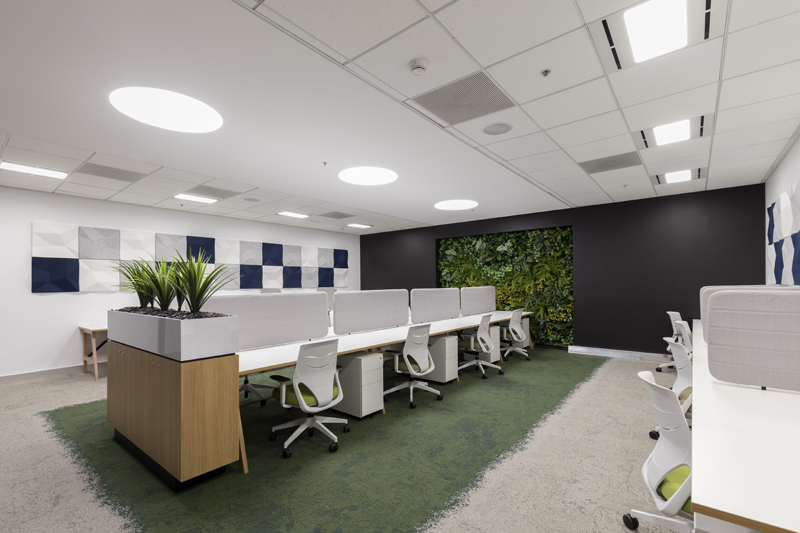
As we approach the end of 2018, there are few industries remaining that haven’t faced radical disruption. Uber overwhelmed the archaic taxi industry, AirBnB has taken a significant share of accommodation sector and Netflix almost single handedly closed every Blockbuster store across the globe. Looking towards 2019 the latest research indicates that the traditional commercial real estate industry is facing a similar fate.
A recent report from Knight Frank found that nearly 70% of the world’s largest companies are planning to increase their use of coworking space over the coming 3 years – finding a common desire to create more collaborative working environments whilst enjoying the option of expanding or contracting real estate footprints as required.
The concept has already been proven in business hubs like New York and London where coworking space accounts for 2.5% and 4% of total office space use respectively. However, in Australia, these figures are much lower – Sydney (1.3%) and Melbourne (1.2%) – which suggests significant local growth in the coworking sector is right around the corner.
Another recent publication from CBRE supports this, finding that 58% of Australian corporate tenants surveyed are planning to scale back their use of traditional leased office space over the next two years, and 50% of respondents saying they expect to increase their use of coworking space over the same period.
As the market charges towards the tipping point that will radically change the traditional corporate real estate industry, established flexible workspace operators, such as Corporate House, are anticipating significant adoption of flexible workspaces across businesses of all types and sizes.
Yusuf Oner, General Manager of Corporate House, believes that coworking is overcoming the traditional perception of being the exclusive domain of tech startups and freelancers – and now represents a broader offering that caters to sole traders, SMEs and large corporations alike.
“The way people work is changing and Corporate House is designed to offer a way of working which suits not just small businesses and startups, but also corporates and organisations which have large offices but are looking to adopt the flexible workspaces”
Mr Oner cites a number of features which are contributing to the increased uptake of coworking in Australia including:
- More Efficient Utilisation of Space – Traditionally, boardrooms have been large spaces which are very poorly utilised in terms of cost per square metre vs. usage. Shared meeting spaces reduce this wasted expense.
- Flexibility & Cost Control – The ability to increase or decrease the amount of space as your business grows or slows, significantly reduces risk and allows for better control of overheads.
- Access to Multiple Office Locations – Corporate House tenants have access to all nine locations across Brisbane & the Gold Coast which allows them to work wherever they need to – whether it be closer to home or offering more convenient meeting locations to important clients.
These thoughts echo the findings of the Knight Frank Report in which 55% of respondents identified ‘flexibility’ as the main driver of this market shift, with 11% citing the increased sense of community within the workplace and a further 11% mentioning the speed to becoming operational as a key benefit of flexible workspaces.
With coworking set to become the new normal over the coming years, Corporate House is committed to remaining a market leader in the Australian flexible workspace sector. To learn more about our coworking and shared workspace offerings click here or call 1300 968 763 to book a tour of any Corporate House location in Brisbane and the Gold Coast.
